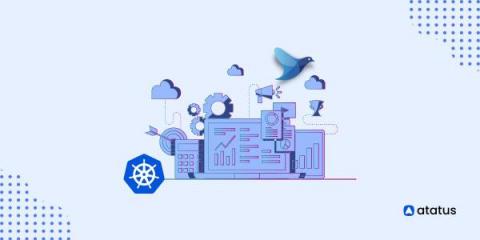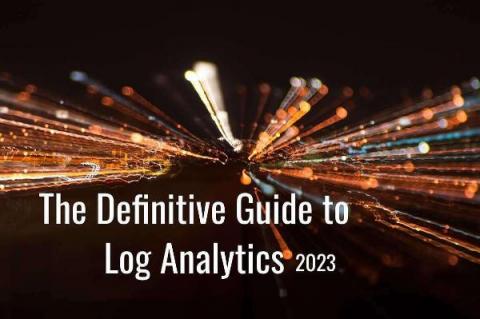Operations | Monitoring | ITSM | DevOps | Cloud
Logging
The latest News and Information on Log Management, Log Analytics and related technologies.
Common Event Format (CEF): An Introduction
10+ Best Status Page Tools: Free, Open source & Paid [2023 Comparison]
Communication with our users is very important. You want them to be aware of the new features that your platform exposes, exciting news about the company, but also about the status of the services that you are building for them. This includes information about all the functionalities and the infrastructure and applications behind them – when they work correctly and efficiently and when they don’t.
Kubernetes Logging
You'll notice that monitoring and logging don't appear on the list of core Kubernetes features. However, this is not due to the fact that Kubernetes does not offer any sort of logging or monitoring functionality at all. It does, but it’s complicated. Kubernetes’ kubectl tells us all about the status of the different objects in a cluster and creates logs for certain types of files. But ideally speaking, you won't find a native logging solution embedded in Kubernetes.
How to Use Operational IT Data for PLG
Victory over the universe: managing chaos, achieving reliability
Data Analytics 101: The 4 Types of Data Analytics Your Business Needs
Log Analytics 2023 Guide
Python Logging Tutorial: How-To, Basic Examples & Best Practices
Logging is the process of keeping records of activities and data of a software program. It is an important aspect of developing, debugging, and running software solutions as it helps developers track their program, better understand the flow and discover unexpected scenarios and problems. The log records are extremely helpful in scenarios where a developer has to debug or maintain another developer’s code.











